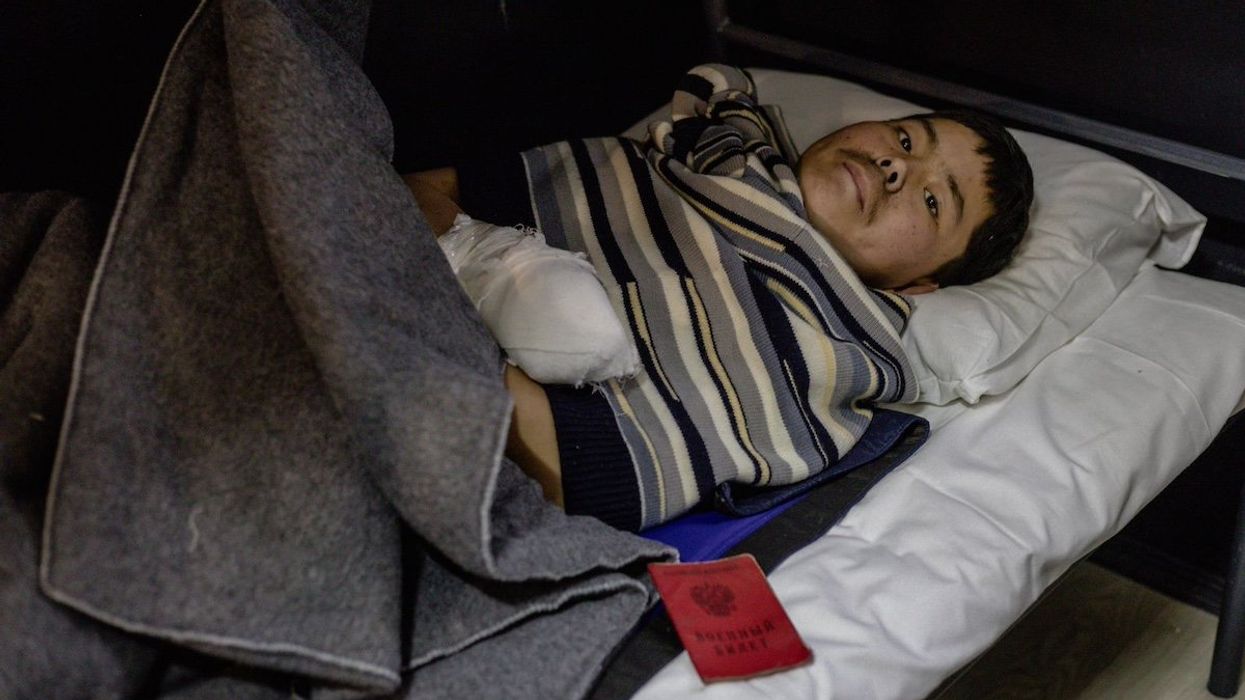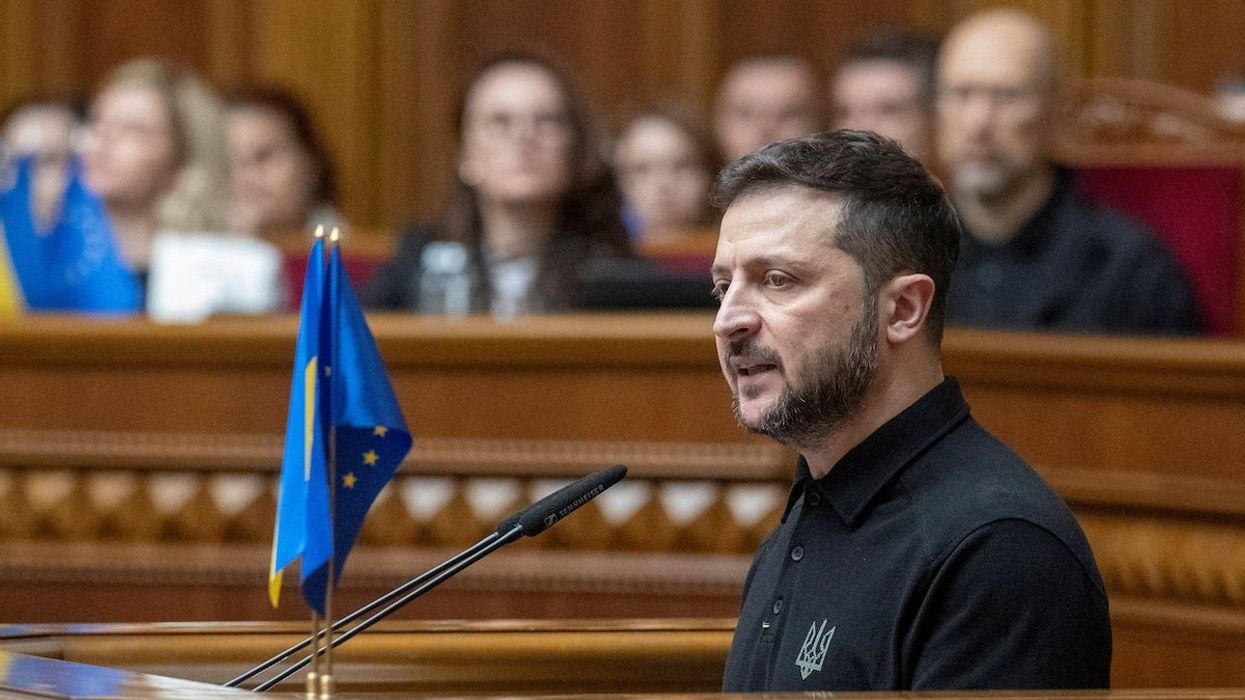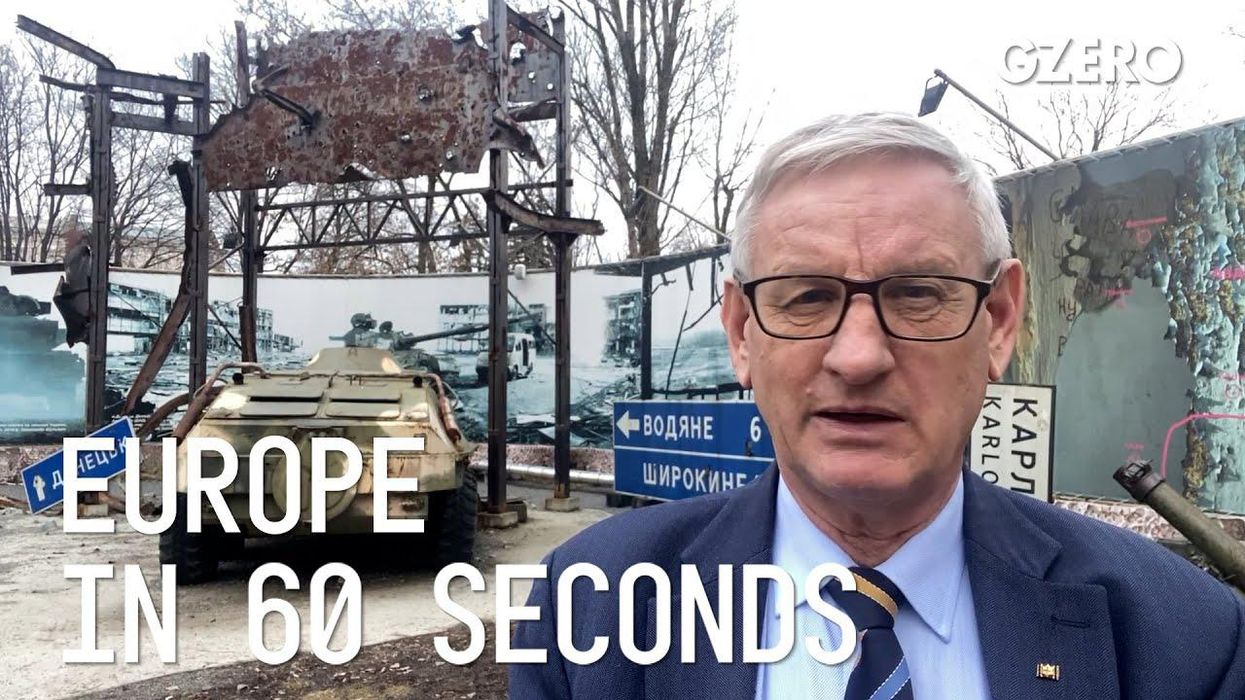What We're Watching
North Korean troops reportedly face brutal treatment in Russia
Ukrainian President Volodymyr Zelensky announced Saturday that his troops had captured two North Korean soldiers in the Kursk region and released a video of them describing their experience fighting for Russia.
Jan 13, 2025



